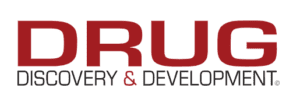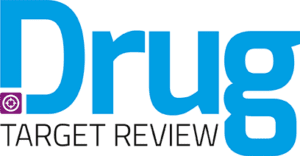
- | Spinogenix
Rewiring the Brain… Dr. Peter Vanderklish, Chief Scientific Officer, Spinogenix
Doctor Peter Vanderklish from Spinogenix talks about their advanced human trials in synaptic generation. Doctor Vanderklish, welcome to the program.

- | Rectify Pharma
The Liver Meeting: Rectify Pharma presented preclinical data supporting its hypothesis of improving the function of dysfunctional membrane proteins: ABCB4 and BSEP
CEO Rajesh Devraj describes the company’s focus on membrane protein function and normalizing it with small molecules, in this case for cholestasis and cholangitis associated with liver diseases.

- | Pharvaris
London Healthcare Week: Pharvaris is developing an oral bradykinin B2-receptor antagonist for HAE – both in the acute and prophylaxis settings
CEO Berndt Modig describes the science behind creating both immediate release capsuls and extended release tablets. Successfully developing an oral therapy could set Pharvaris apart.

- | Anima Biotech
Anima Biotech aims to open the ‘black box’ of disease with large-scale cellular experiments
While Anima has contributed to the scientific literature itself, with a growing list of peer-reviewed publications on protein synthesis monitoring and tRNA visualization, Slonim argues that relying solely on mining existing research isn’t enough.
- | Elicio Therapeutics
The 2024 PharmaVoice 100
Industry leaders reshaping the pharma world.

- | MindMed
A CMO’s Perspective on Designing Clinical Trials for a Psychedelic-Derived Drug Candidate
From a trial design perspective, we’ve tried to make these trials as familiar to stakeholders – regulators, prescribers, payors – as possible. What’s remarkable here are the qualities of the drug that we’re developing, MM120, a pharmaceutical formulation of LSD; we don’t need to do anything inconsistent with the history of psychiatric clinical trials beyond that.

- | Pharvaris
Data show sustained benefits of deucrictibant for HAE attacks
Pharvaris is moving forward with Phase 3 clinical trials. The RAPIDe-3 study (NCT06343779) is testing an immediate-release formulation of deucrictibant, called PHVS416, as an on-demand therapy for HAE. Recruitment is ongoing at sites in the U.S., Puerto Rico, South Korea, and Germany.

- | Revolo Biotherapeutics
’1104: tackling the root cause of allergic disease
Revolo Biotherapeutics’ CEO, Woody Bryan, discusses how ‘1104, the Company’s lead candidate for allergic diseases, shifts the immune system from a pro-inflammatory state to a homeostatic state, offering potential remission for allergic conditions.
